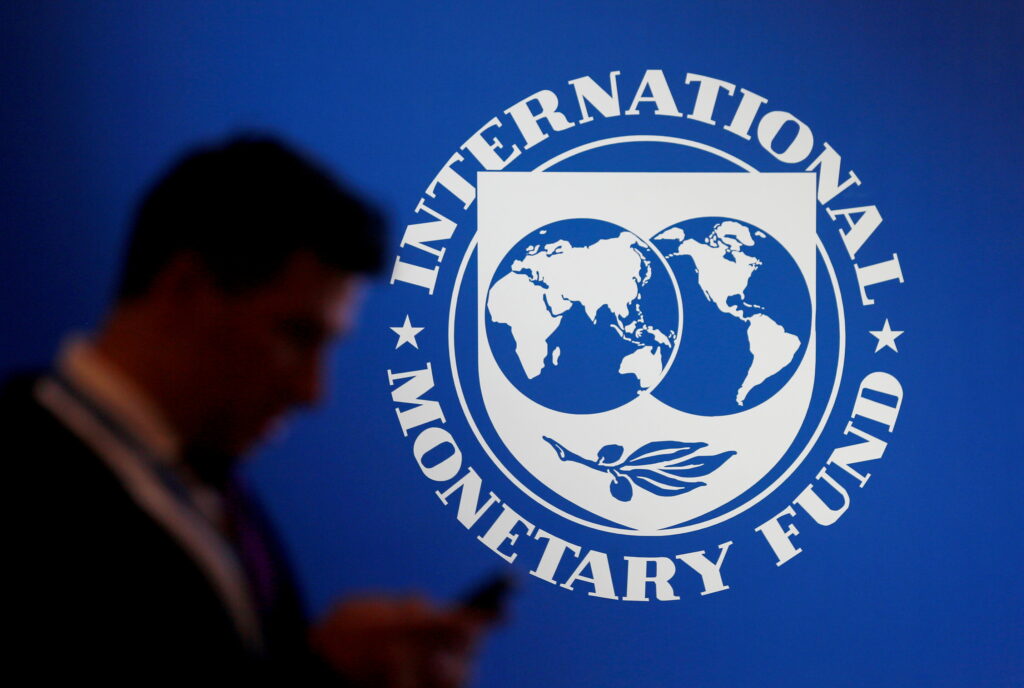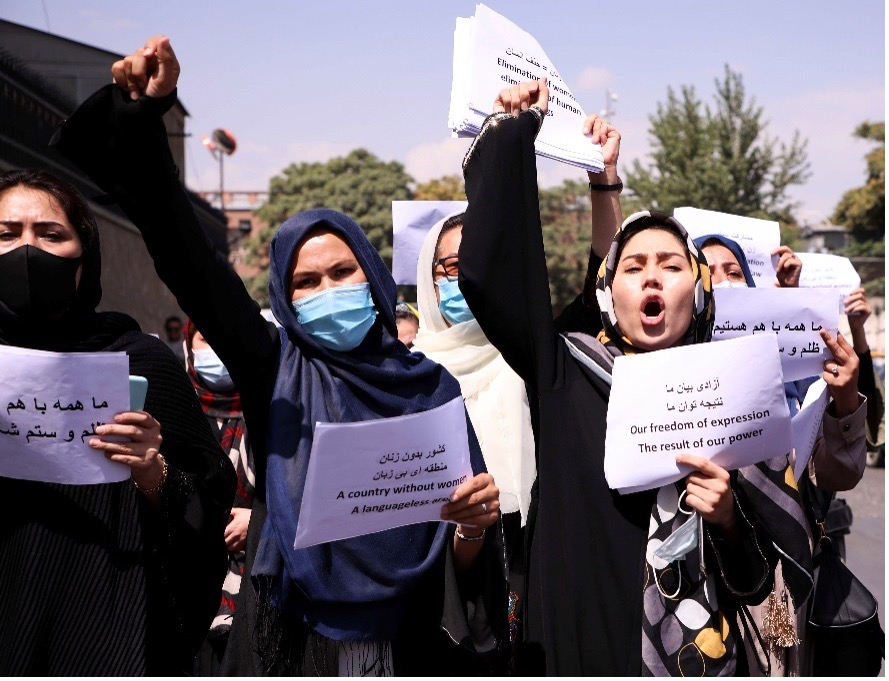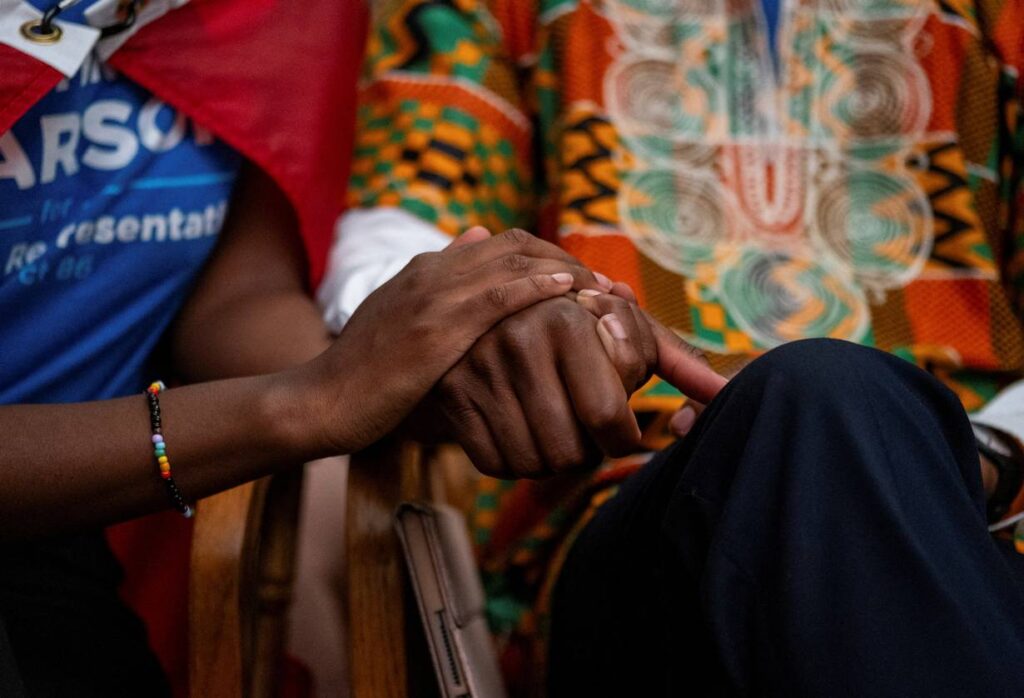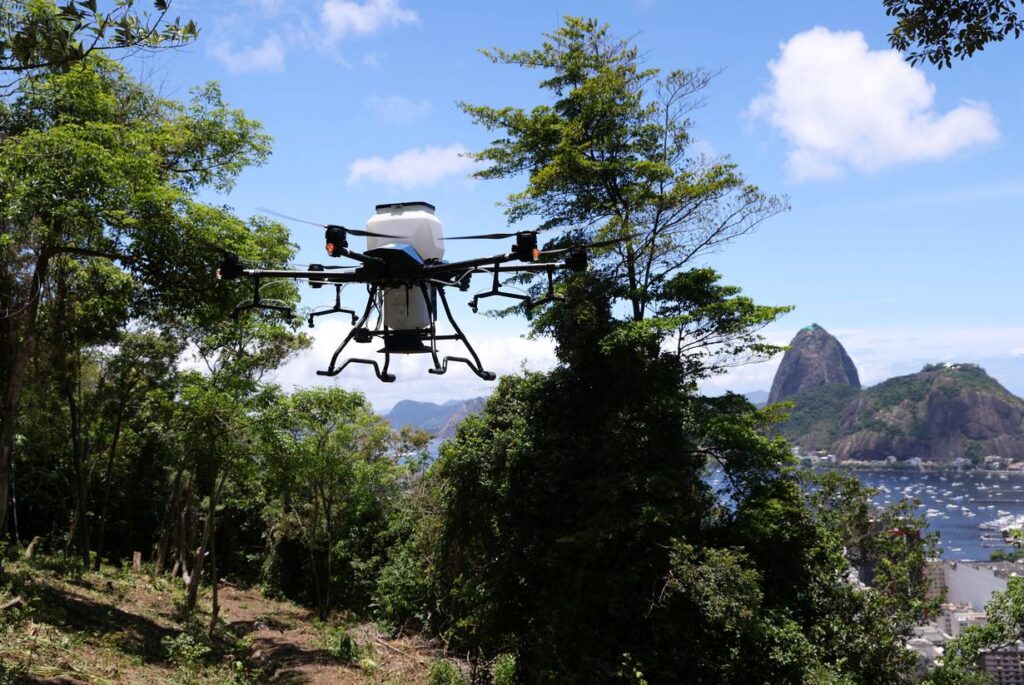
This impact story is part of a new series to celebrate the extraordinary pro bono projects undertaken by legal teams to support NGOs and social enterprises with the support of TrustLaw. All projects mentioned in this series are nominated for this year’s TrustLaw Awards. Find out more.
The COVID-19 pandemic has disproportionally affected the poorest countries in the world and reversed two decades of progress in the reduction of extreme poverty worldwide. To counter this, in August 2021 the International Monetary Fund (IMF) announced the largest allocation of Special Drawing Rights (SDRs) in its history. SDRs are “interest-bearing international reserve assets” created by the IMF in 1969 to supplement other reserve assets of member countries. For instance, if a country is experiencing a liquidity shortage, it can sell part of their SDRs allocation to other countries and use the cash it receives to meet its needs, such as paying for imported goods, plugging fiscal gaps, or meeting external debt obligations.
IMF Managing Director, Kristalina Georgieva, said the allocation, worth about $650 billion, would be “a significant shot in the arm for the world” and, if used wisely, could help economies to quickly recover from COVID-19’s negative economic impacts. This new allocation would give governments greater flexibility to use their foreign hard currency, especially dollars and euros, to import food or vaccines or to strengthen their public finances. Countries can also hold on to SDRs to boost their central bank reserves or use them to pay off debts.
However, the IMF’s new reserve asset has not been shared equitably; the bulk of it has been allocated to wealthy countries that have a bigger share of quotas in the IMF. Only about 40% of the SDR allocation, or roughly $275 billion, will go to emerging and developing countries. Low-income countries will receive just $21 billion, or 3% of the total SDR allocation.
The IMF is encouraging rich countries to voluntarily lend a portion of their SDR allocation to countries in need. As part of their advocacy work on the allocation and the re-allocation, also known as “recycling” or “channelling”, of SDRs, the ONE campaign turned to TrustLaw, the global pro bono service of Thomson Reuters Foundation, to have a better understanding of the legal regulations governing SDRs in nine G20 countries, which are members of the IMF and thus involved in these discussions.
TrustLaw connected ONE with law firms across four continents: lawyers at Shearman & Sterling LLP coordinated legal teams from Chiomenti, Linklaters (alongside Zhao Sheng Law Firm, Linklaters’ joint operation partner in China), Milbank, and Morrison & Foerster LLP, who advised on the laws regulating the use and treatment of SDRs in Australia, Canada, China, France, Germany, Italy, Japan, the United Kingdom and the United States.
“To date, wealthier countries have pledged to channel or recycle nearly $77 billion in SDRs to help vulnerable countries respond to and recover from pandemic and its aftershocks,” said Kerezhi Sebany, ONE Associate Director for Development Finance and Multilateral Institutions, speaking about their ongoing advocacy efforts. She added: “Working with TrustLaw and the firms was really smooth. We shared the research findings directly via email and through briefing sessions with partner advocacy and campaigning organisations, think tanks, key stakeholders at international organisations and government officials.”
“We were excited to have an opportunity to support the ONE team with its research into the reallocation of SDRs,” said Richard Quarshie, Trainee Solicitor with Shearman & Sterling LLP; “The issues were complex and there were five international firms involved, with more than twenty lawyers around the world. ONE’s clarity of mission and communication made for a productive partnership between all parties involved, thereby enabling the law firms to produce comprehensive responses to the questions posed.”
“As a trainee solicitor, it was a privilege to be able to work with experienced lawyers across multiple jurisdictions to produce a research product that would yield results and help ONE to advocate for a robust response to the economic effects of COVID-19. While there is still a long way to go, the results show the scale of ONE’s impact and the potential to transform people’s lives.”
Pro bono support was valuable in sharpening ONE’s advocacy efforts. “The findings have helped us produce bespoke and accessible policy products. And, together with our advocacy and campaigning partners, we have been able to refine and tailor policy and advocacy asks and priorities. The lawyers’ contribution was very valuable because our organization did not have the requisite experience and knowledge to undertake this project,” Kerezhi Sebany concluded.
More Impact Stories
View All Impact Stories
The value of pro bono for media: Women’s Voices Now
Women’s Voices Now (WVN) is a US-based non-profit…

The value of pro bono for media: InSight Crime
InSight Crime is an award-winning non-profit newsroom that seeks to…

Conservation, Health, and Community: The Legal Lifeline Boosting Uganda’s Wetlands and Wellbeing
This impact story is part of a series to celebrate the extraordinary pro bono projects…

Advancing Inclusion: The Pro Bono Journey Toward Empowering Asia’s Rainbow Families
This impact story is part of a series to celebrate the extraordinary pro bono…

Legal Lifelines: How Pro Bono Legal Support is Paving the Way for Decriminalising Suicide Worldwide
703,000 people die by suicide every year – one person every 40 seconds. And for every…

Navigating Drone Laws: How the Power of Pro Bono is Supporting Global Reforestation
This…

Understanding Secrecy Laws: A Pro Bono Collaboration Looking at Press Freedom Legislative Reform in Australia
This impact story is part of a series to celebrate the extraordinary pro bono projects…

Green Justice: How Pro Bono Legal Work is Shaping the Future of Recycling in Latin America
This impact story is part of a series to celebrate the extraordinary pro bono…

Digital Shadows: Spearheading Legal Reforms Against Online Sexual Abuse in Kenya
This…

Boardroom Breakthrough: The Push for Disability Representation at the Top
This impact story is…


